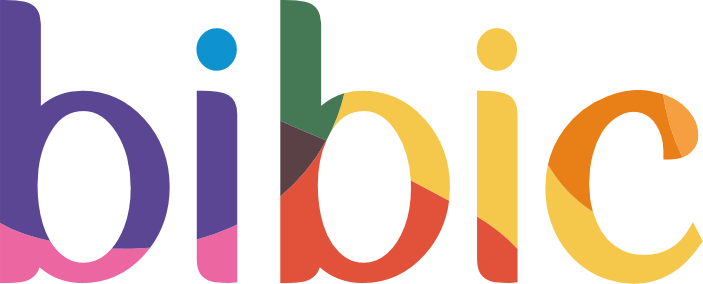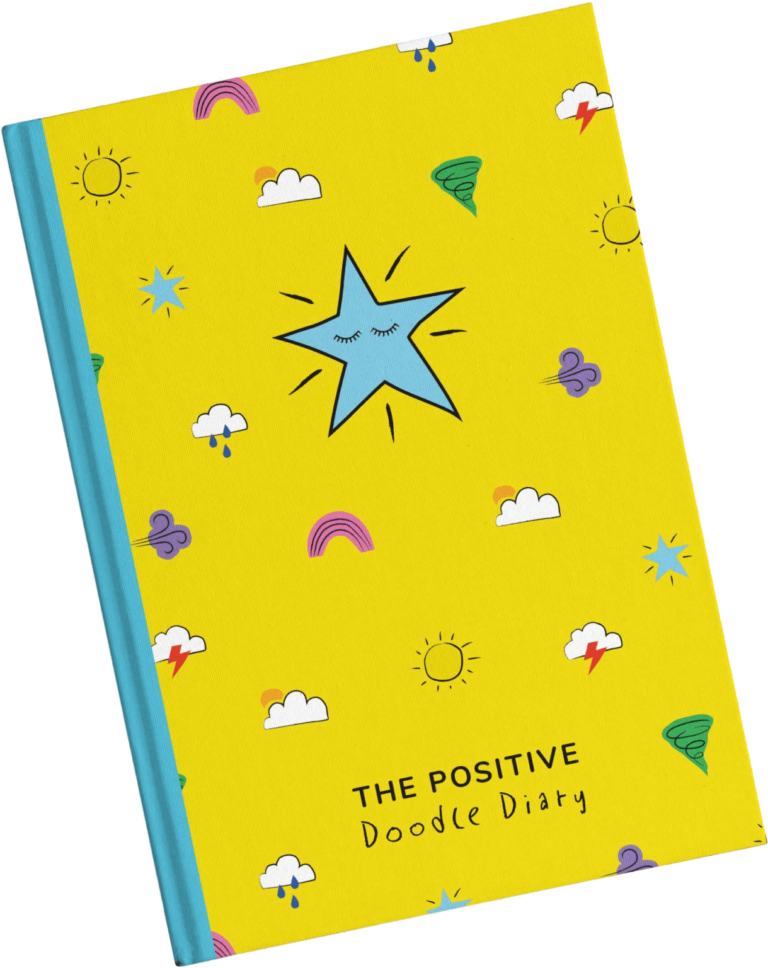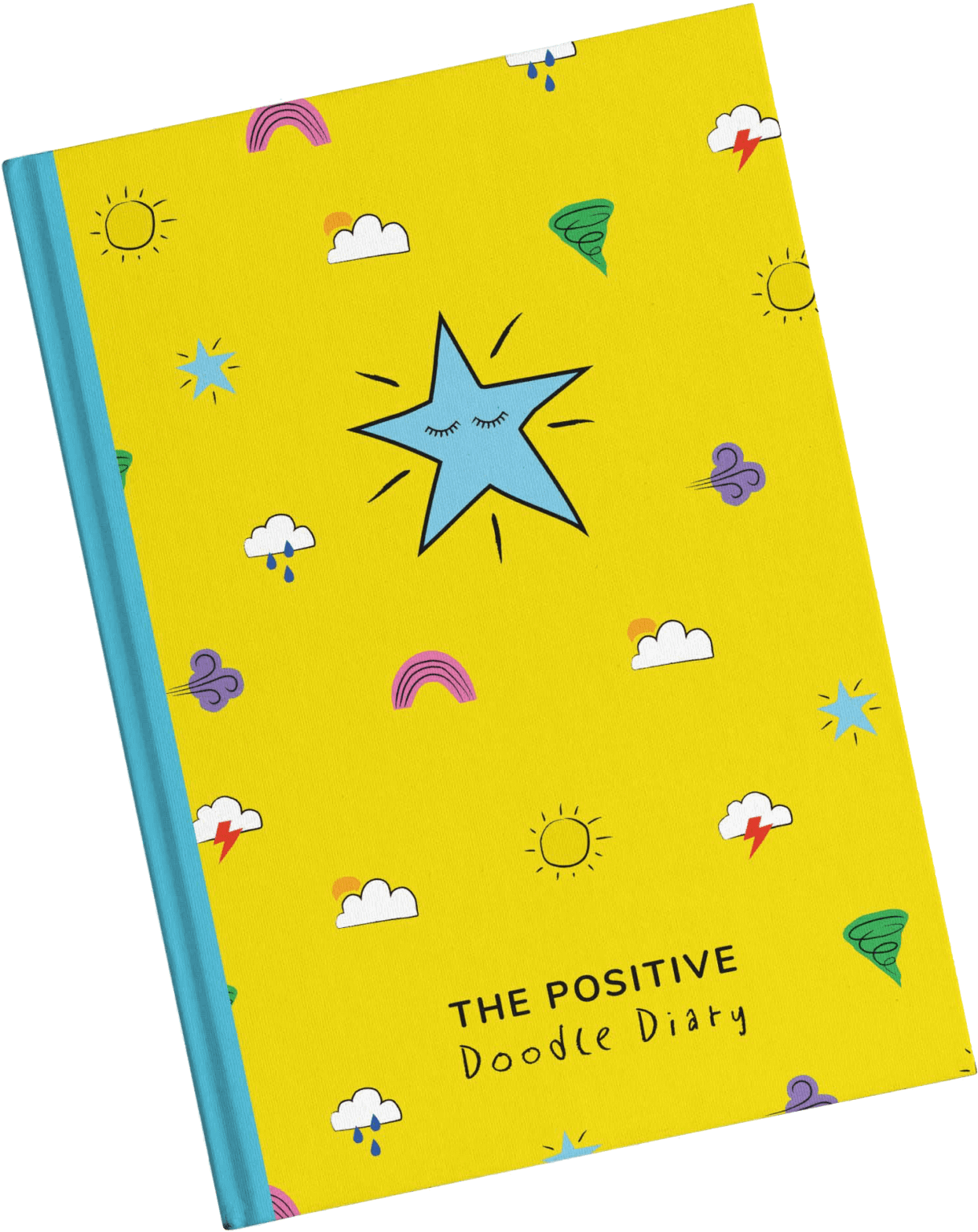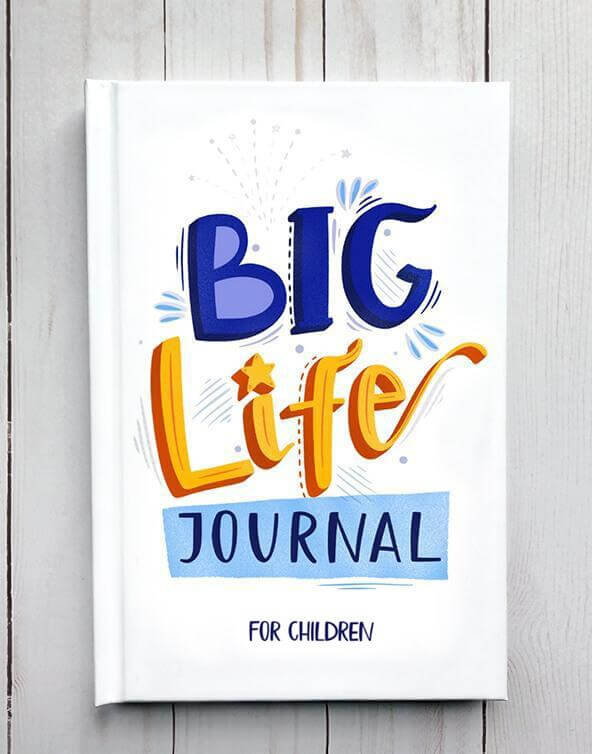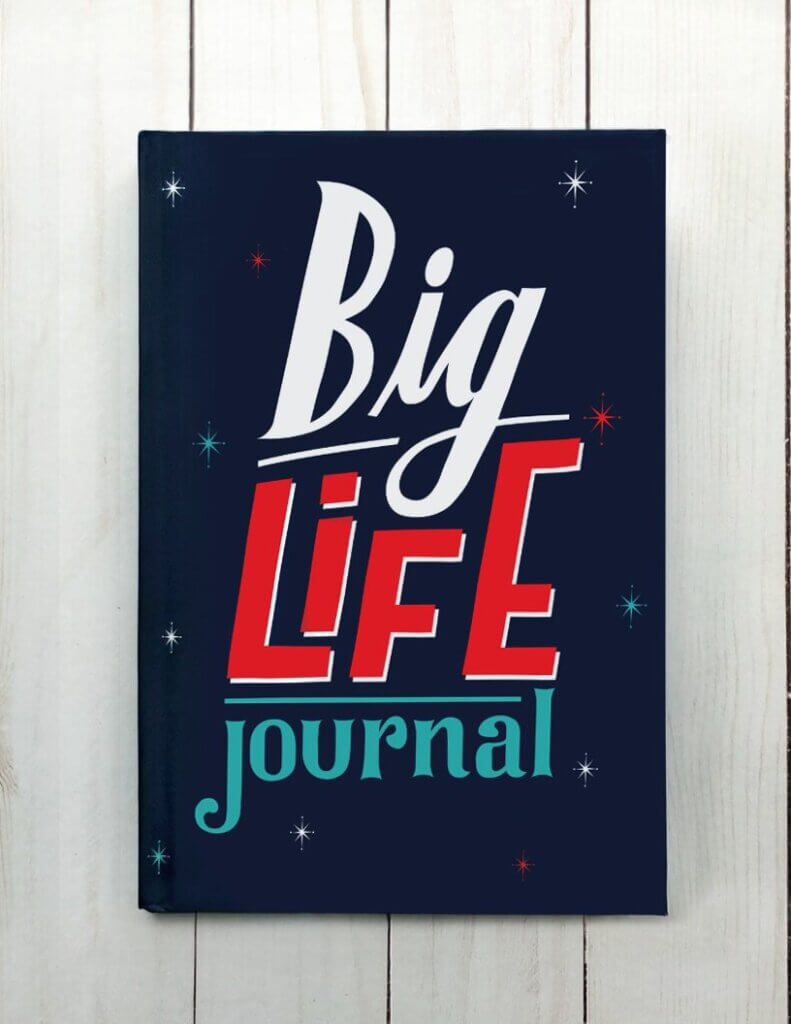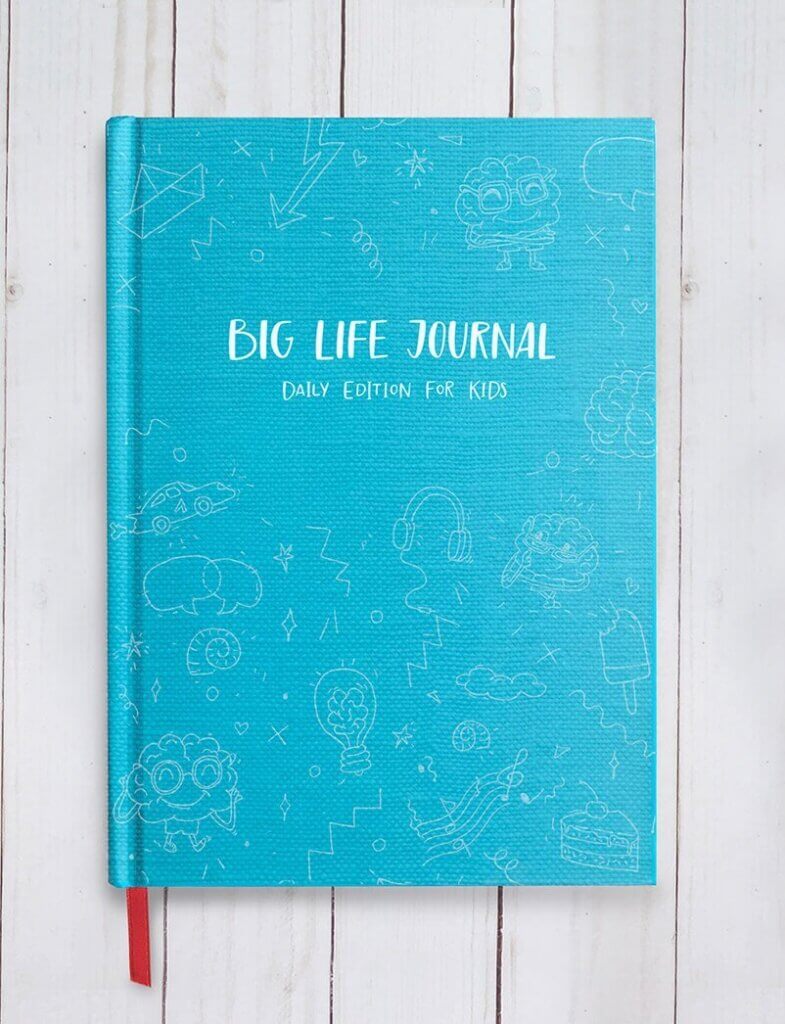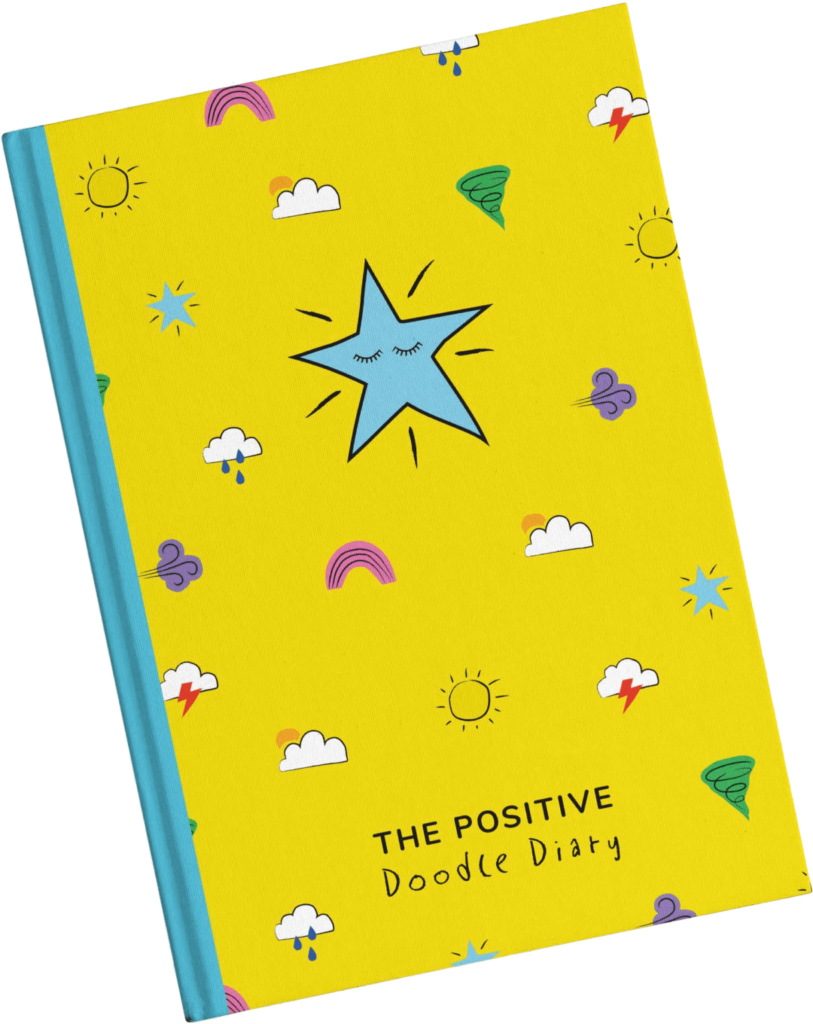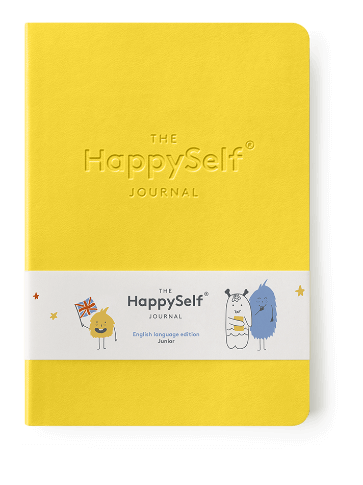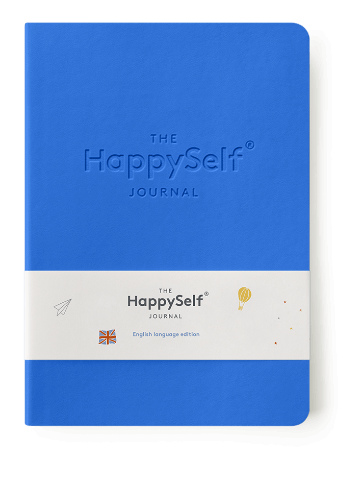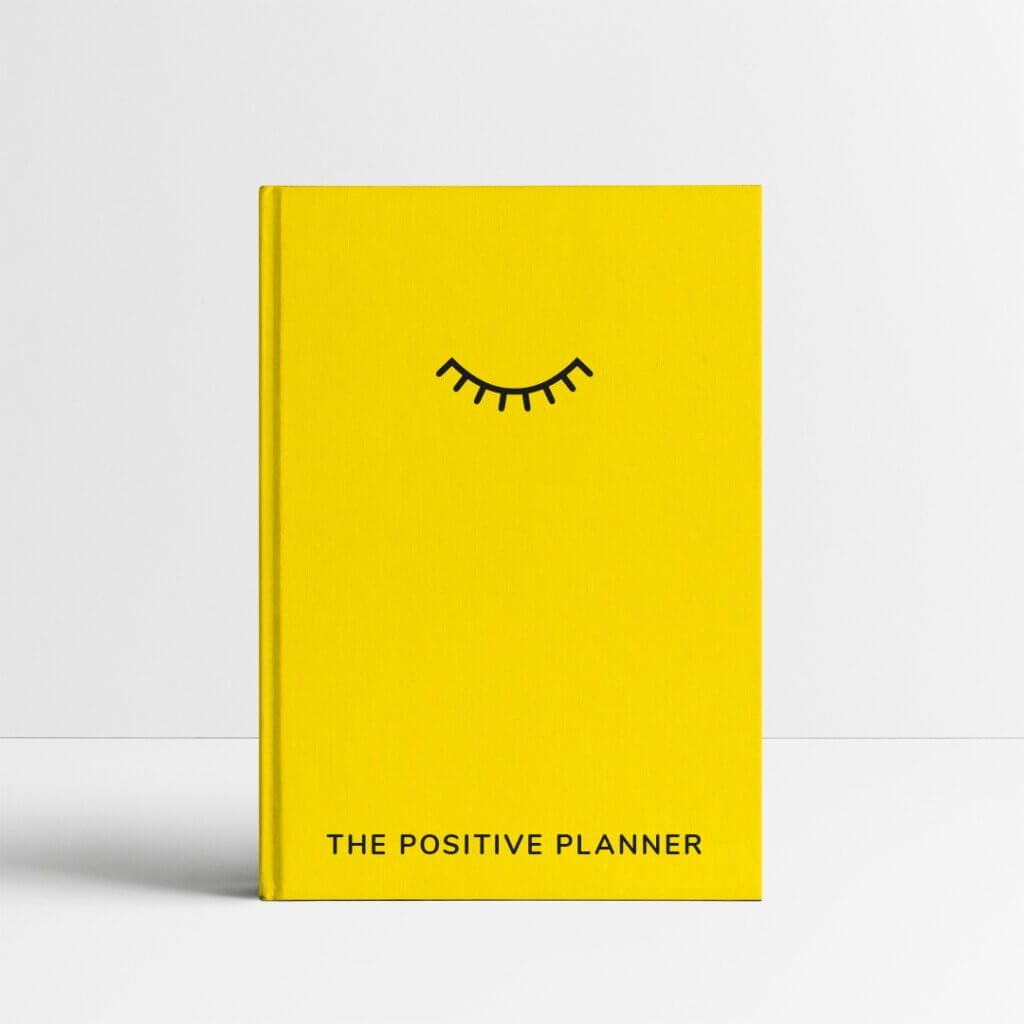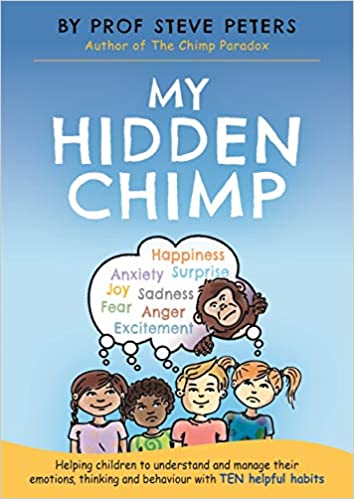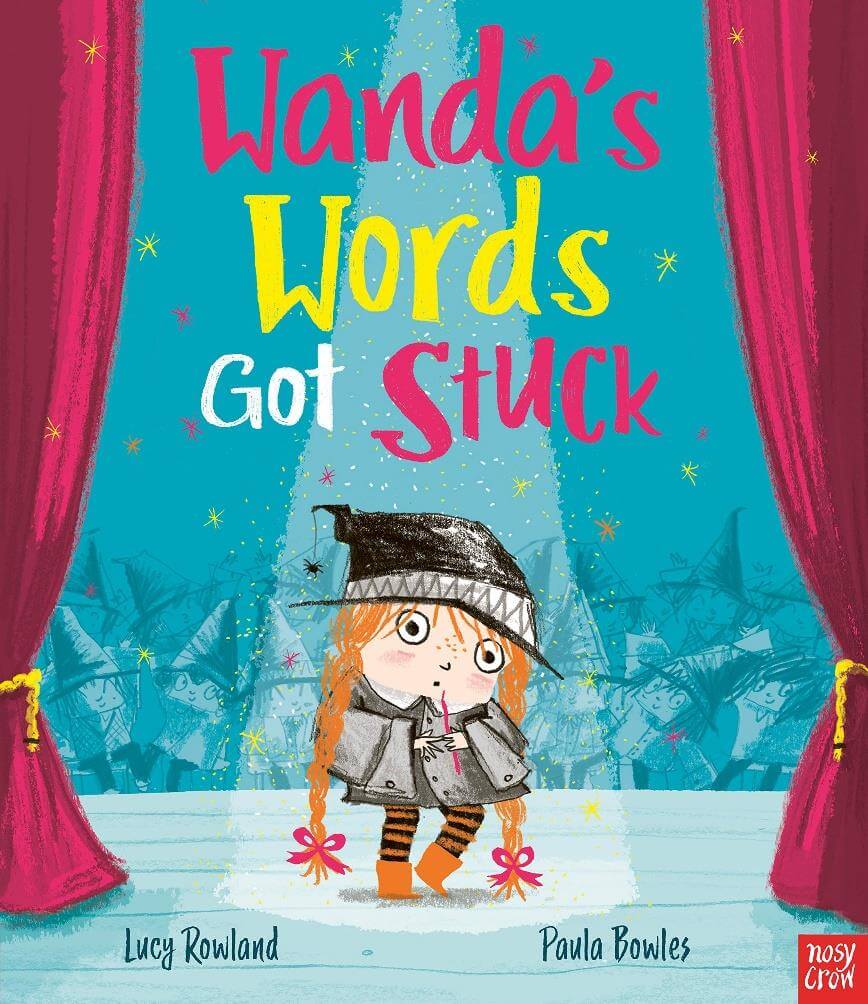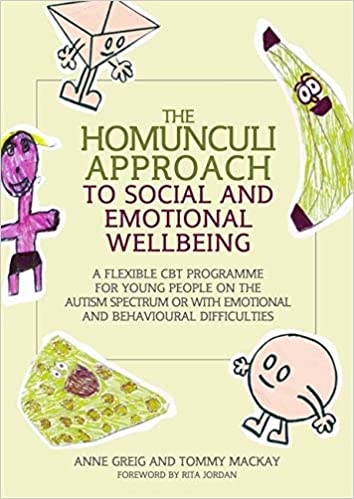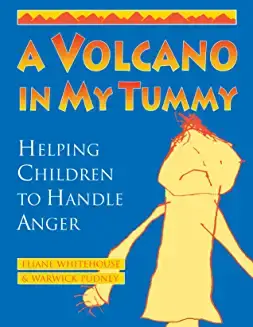At bibic we know how important it is for yourself and your young person to look after wellbeing, our Developmental Therapists have chosen the Top 10 books that they recommend to do just that…
1. Wreck this Journal

The book for those who’ve always wanted to draw outside the lines but were afraid to do it.
For anyone who’s ever wished to, but had trouble starting, keeping, or finishing a journal or sketchbook comes Wreck This Journal, an illustrated book featuring a subversive collection of suggestions, asking readers to muster up their best mistake – and mess-making abilities to fill the pages of the book (and destroy them).
2. Big Life Journal
This Journal has three options for different age ranges
Ages 6-11: The daily activities inside the journal help your child focus on encouraging, self-loving thoughts and wire their brain for growth mindset, resilience, confidence, gratitude, kindness, and self-love.
Ages 7-10: Helps children develop strong social-emotional learning and growth mindset skills through inspiring stories, colourful illustrations, and engaging guided activities. In this illustrated journal, children discover: how to believe in themselves, how to face challenges with confidence, mistakes are opportunities to grow and how they can achieve anything when they’re persistent.
Ages 11+: Helps tweens and teens to; discover the power of their brain and mindset, understand they are in charge of their own lives and happiness, turn their negative self-talk into positive and empowering, practice setting goals, learn to overcome challenges and setbacks.
3. The Positive Doodle Diary
The Positive Doodle Diary for children is a bright and colourful mindful gratitude journal designed to help a child thrive through creativity.
The Positive Doodle Diary uses daily doodling and simple journaling to encourage creativity, self-expression and mindfulness. It’s full of lots of different activities that help children explore and experiment with themes of confidence, resilience, kindness and even self-care!
4. The HappySelf Journal
These daily journals for children and young adults use scientifically proven methods to promote happiness, develop healthy habits for life and nurture curiosity. Beautifully illustrated and easy to use, with just a few minutes focus each day children benefit by being encouraged to express gratitude, reflect on their emotions and think about their actions.
The results are positive and plentiful: thousands of parents have told us about better sleep, reduced anxiety, improved connection and communication, increased kindness and more positive mindsets in their children.
5. The Positive Planner
The Positive Planner really is a journal with a difference. Take yourself on a 12-week journey of self-care, gratitude and daily positivity.
The Positive Planner was created to encourage you to make journaling and mindfulness an everyday practice. You’ll find sections dedicated to daily intentions and reflections, a mood checker and gratitude as well as loads of useful tools designed to enhance positivity and manage your wellbeing. But in all this, the Yellow One is still a planner at heart and features everyday organisational extras such as meal planners, shopping lists and monthly diary spreads.
The Positive Planner is a gentle daily companion that helps you get more organised while most importantly improving your mental health and wellbeing. A great starting point for someone looking to make self-care a regular practice.
6. What to do when I worry
What to Do When You Worry Too Much is an interactive self-help book designed to guide 6-12 year olds and their parents through the cognitive-behavioral techniques most often used in the treatment of generalised anxiety. Engaging, encouraging, and easy to follow, this book educates, motivates, and empowers children to work towards change.
It includes a note to parents by psychologist and author Dawn Huebner, PhD.
7. My Hidden Chimp
My Hidden Chimp is an effective and powerful new educational book that offers parents, teachers and carers some ideas and thoughts on how to help children to develop healthy habits for life. The science behind the habits is discussed in a practical way with exercises and activities to help children think the habits through and start putting them into practice. The neuroscience of the mind is simplified for children to understand and then use to their advantage.
Professor Steve Peters explains neuroscience in a straightforward and intuitive way – offering up 10 simple habits that we as adults and children should have in our arsenal to deal with everyday life.
They include:
– Smiling
– The importance of talking through your feelings
– Learning how to say sorry
– Knowing how to ask for help
By also explaining the developing ‘chimp’ brain in children, he shows us how 10 habits can help children to understand and manage their emotions and behaviour. These 10 habits should and can be retained for life.
This is an important and another ground breaking new book from the bestselling author of The Chimp Paradox and the creator of the chimp management mind model.
8. Wanda’s words got stuck
Wanda the witch is so shy she can’t talk! No matter how hard she tries, the words won’t come out. But when another nervous little witch called Flo joins her class, it seems that Wanda’s not the only one who worries about speaking. Then disaster strikes at the magic contest . . . will Wanda have the courage to shout out the magic words and save her new friend Flo from a dangerous dragon?
This heart-warming adventure about finding confidence through friendship is filled with potions, spells and magical animals! Children will fall in love with brave Wanda the witch, especially those who have difficulties with speech, anxiety about talking, or lack confidence in front of others.
Lucy is a children’s speech and language therapist whose books include Pirate Pete and His Smelly Feet, illustrated by Mark Chambers and Sammy Claws the Christmas Cat, also illustrated by Paula Bowles.
9. The Homunculi Approach to Social and Emotional Wellbeing
The Homunculi, (or ‘little people’), is a fun activity that builds social and emotional resilience in children and young people, aged 7 upwards, and into the teenage years. It is particularly suited to those with high functioning autism or Asperger’s Syndrome who often have difficulty identifying troubling feelings such as anger, fear and anxiety.
The Homunculi are miniature agents with problem-solving missions and special gadgets who live inside the brain and help out with distressing thoughts, feelings and behaviours. Through inventing their own Homunculi characters and stories, participants in the activity learn to cope with their real-life social problems. Complete with a large-format skull poster, character and storyboard templates, and photocopiable record sheets, this unique resource includes everything needed to get started on making Homunculi stories, cartoons or videos.
This flexible, 10-week, CBT-based programme for individuals or groups will be transformative for psychologists, therapists, teachers and other professionals working with children on the autism spectrum or with behavioural difficulties.
10. A Volcano in My Tummy
A Volcano in My Tummy: Helping Children to Handle Anger presents a clear and effective approach to helping children and adults alike understand and deal constructively with children’s anger. Using easy to understand yet rarely taught skills for anger management, including how to teach communication of emotions, A Volcano in My Tummy offers engaging, well-organized activities which help to overcome the fear of children’s anger which many adult care-givers experience. By carefully distinguishing between anger the feeling, and violence the behavior, this accessible little book, primarily created for ages 6 to thirteen, helps to create an awareness of anger, enabling children to relate creatively and harmoniously at critical stages in their development.
Through activities, stories, articles, and games designed to allow a multi-subject, developmental approach to the topic at home and in school, A Volcano in My Tummy gives us the tools we need to put aside our problems with this all-too-often destructive emotion, and to have fun while we’re at it.
Follow us on social media for more advice, tips and recommendations from our Developmental Therapists!
